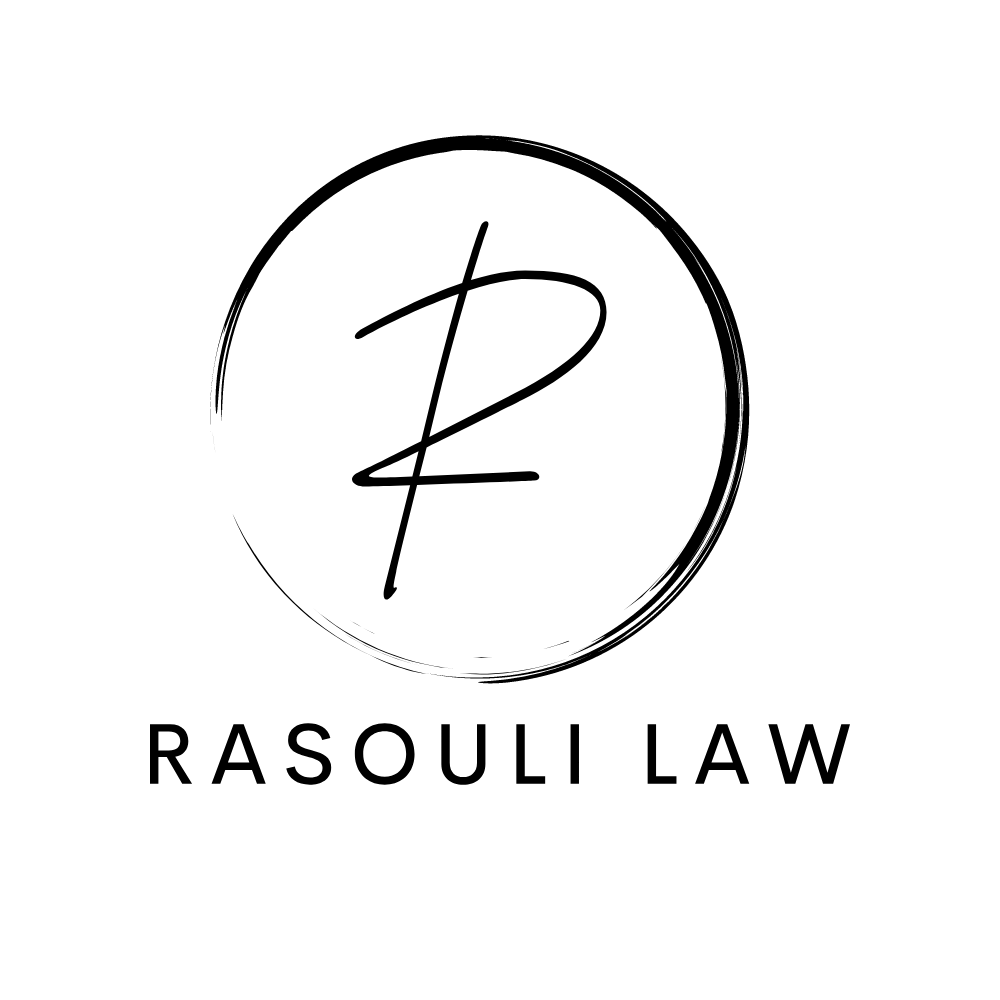EMPLOYMENT LAW
We work with you to come up with the very best solutions for your challenges!
**We are happy to provide services in Arabic and Farsi **
ما به زبان فارسی خدمات ارائه می دهیم
نحن نقدم الخدمات باللغة العربية
Constructive Dismissal
This is a legal term that means you have not formally been fired or terminated, but the negative changes that the employer has made to your job are so significant that – as a matter of law – they effectively result in the termination of your employment. You may have been constructively dismissed if your employer has made negative changes to the terms of your employment without your consent, such as pay, location, duties, status, responsibilities, or hours. In addition, if your employer has harassed you, treated you abusively, or made your work conditions intolerable through workplace discrimination, you may have been constructively dismissed.
Long-term Disability
If you are unable to work indefinitely due to an illness or injury, you are likely entitled to long-term disability (“LTD”) benefits under your insurance policy. If your claim is denied, cut off, or in the process of being investigated by the insurer, contact Rasouli Law to receive a better understanding of your rights and options, such as appealing an insurer’s decision or commencing litigation.
Employment Contracts
You should not be pressured to sign any employment contract before consulting with an employment lawyer. You have the right to negotiate the terms of your employment contract and we can help. Before signing the employment contract you’re being offered, ask Rasouli Law to review it. We will provide you with advice on ways to maximize your compensation and benefits package, while identifying hidden legal risks and helping you to negotiate terms that are as favourable as possible.
Severance Packages
If you have been fired, in most cases, you are entitled to either reasonable notice of your dismissal/termination, or more often, pay in lieu of notice. This pay in lieu of notice is referred to as a “severance” package. The determination of what is “reasonable” for each employee depends on your employment contract, legislation, and court cases. Usually, your age, length of service, difficulty of re-employability, level of responsibility, and income will be taken into account in calculating the period of reasonable notice.
Employment Equity
Employers are required to engage in proactive practices to ensure that all Canadians have the same access to the labour and job market. Employment equity forbids hiring practices and workplace policies that discriminate against certain people. An employer is prohibited from treating workers differently because of things such as gender, race or ethnic heritage, disability and religion, among others. Equity in the workforce focuses on creating a representative workforce that includes members from all populations, and strives to create workplaces that welcome the participation of members from all backgrounds and settings.
Unlawful Discrimination and Human Rights Violations
Human rights discrimination in the workplace can take many forms: an ageing employee is forced into retirement; an employee injured at work is fired the next day; a woman is paid less than her male co-worker, is subjected to sexist comments or sexual advances, or is terminated when she returns from pregnancy/maternity leave. Regardless of the situation, if you feel your rights have been violated you shouldn't turn a blind eye to the situation.
Exit Agreeements
An exit agreement is a legal contract that protects both parties from the risk of future legal action. Exit agreements will be enforceable as long as they contain the necessary requirements of any legally enforceable contract. Therefore, before you sign the agreement, it is important for you to understand that signing an exit agreement almost entirely prevents you from bringing a subsequent legal claim against your employer. Moreover, these agreements are binding terms and conditions that protect the rights of the employer and provide the employer with legal recourse should the employee breach the terms of the agreement. If you violate the terms of the exit agreement, your employer may have legal recourse available.
Workplace Harassment
Harassment is broadly defined in Human Rights and Occupational Health and Safety legislation. Workplace harassment is usually a pattern of ongoing behaviour, but it can arise from a single incident if it is severe and has a lasting impact on you. Remember that you are always free to speak to a work harassment lawyer about the incident and discuss what steps you can take to handle it.
Leave of Absence
You may be eligible whether you are a full-time, part-time, permanent or term contract employee. There are many reasons why you may want to or need to take a leave of absence. Perhaps you want to take maternity leave or a child has become seriously ill and you need to be closely involved in their treatment and care. Sometimes, an aging parent requires help with daily living. Various laws prohibit your employer from discriminating against you for taking a leave of absence.
Wrongful Dismissal
If you are concerned you may have been wrongfully dismissed, your first step should be to consult Rasouli Law, an experienced litigator who knows employees rights. Regardless of how justified a termination might be from a business standpoint, the law in Ontario is clear. While employees have both rights and duties to their employer, the reverse is also true.

